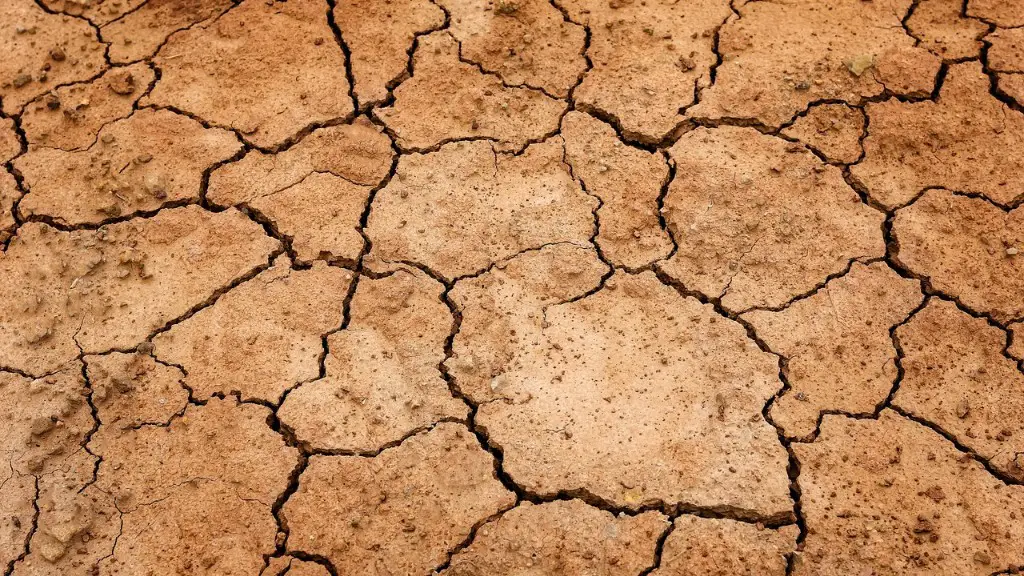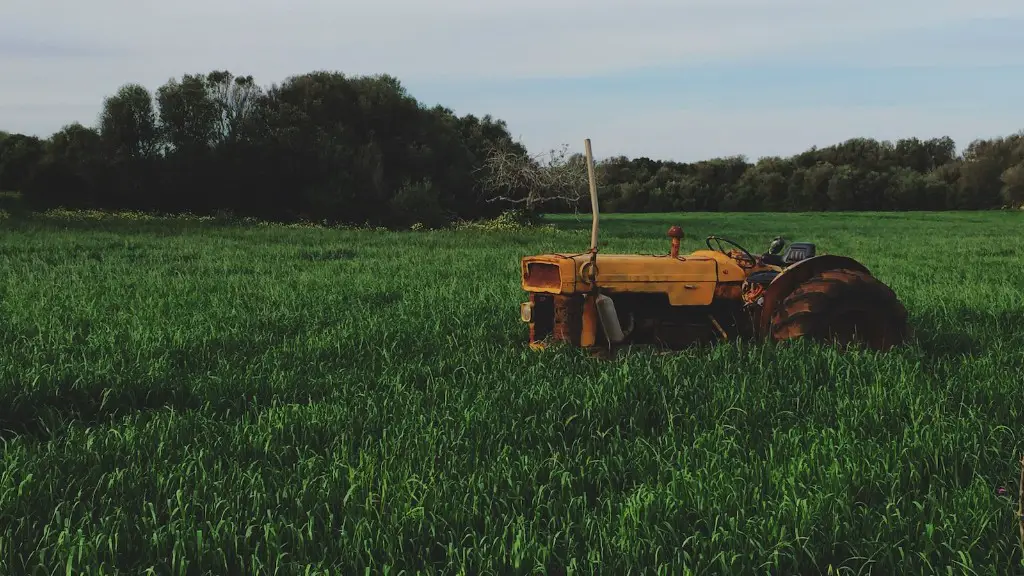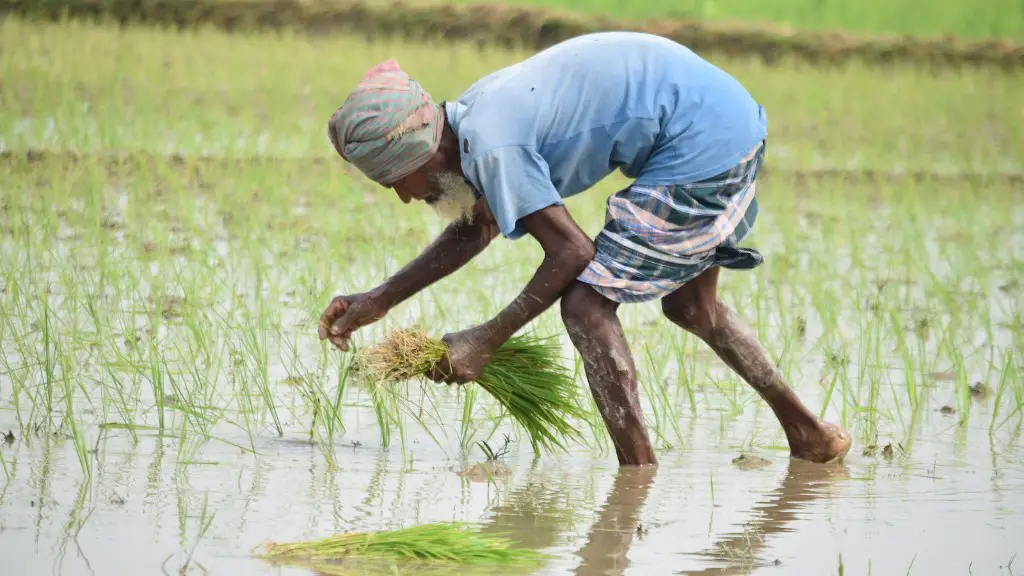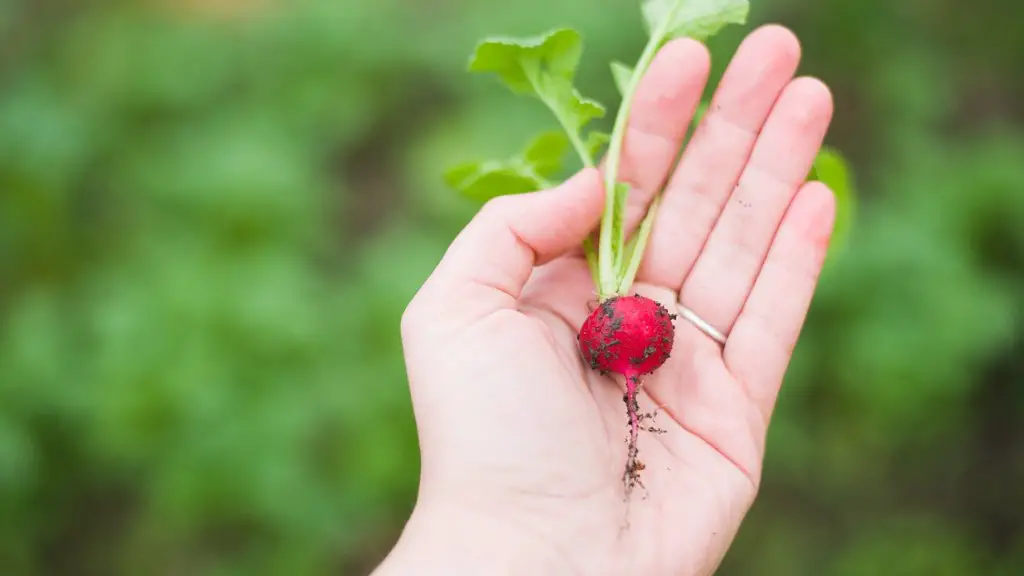What is Nevada Agriculture? Nevada agriculture is a major sector of the state’s economy that produces fruits, vegetables, meat, milk and eggs, as well as hay, grains and nursery products.The Nevada Department of Agriculture is responsible for the control and regulation of agriculture, food processing and distribution in the state. The department has ensured that the food industry runs in an efficient, safe and sustainable manner.
Nevada’s agricultural industry also serves as an important source of income for rural communities. It provides funding for essential services, amenities and infrastructure, such as schools, roads, hospitals and other public services. Many Nevada ranchers, dairy farmers, timber producers and farmers provide jobs, which bring additional economic benefits to local businesses and communities.
The state’s agricultural sector is also a major part of the country’s economy. Nevada produces over $1 billion worth of agricultural products each year. The primary products are beef, hay, grains, poultry and eggs. Additionally, Nevada ranks in the top five of US states in its production of potatoes, beans, carrots and spinach.
Nevada has a wide range of agricultural businesses that supply livelihoods for many people—from large-scale commercial farms to small-scale organic farms. There are also businesses that provide services related to the agricultural sector, such as pest control, seed companies, and hay and grain dealers.
Nevada’s climate and soil are ideal for growing a variety of crops, making the state an important agricultural producer. The state gets an average of just over 14 inches of rainfall per year, and its soils are very conducive for growing crops. The state also has some of the most diverse vegetation in the country, ranging from alfalfa and clover, to apples, pears, and asparagus.
The Nevada Department of Agriculture encourages sustainable agricultural practices and works to ensure that all farmers, ranchers, and agricultural businesses receive support to succeed. Through its various programs, the department provides technical assistance, education and grant programs to promote optimal agricultural and environmental practices.
Nevada agriculture is an important agricultural and economic sector for the state. It encourages sustainable farming practices, provides jobs to local communities and businesses, benefits rural economies, and produces a wide range of high-quality, nutritious products.
Fruit and Vegetable Production in Nevada
Fruits and vegetables are an important component of Nevada agriculture. The state is well-known for its production of a variety of high-quality produce items, ranging from apples and oranges, to potatoes, carrots and spinach. Fruits and vegetables are generally produced in moderate to large quantities in the state, and they provide an important source of income to farmers, as well as providing a source of healthy, organic products to consumers.
Nevada’s fruit and vegetable industry is a complex and diverse network of growers and producers, who provide fresh fruits and vegetables to local, regional and national markets. Additionally, the industry provides jobs for workers in the fields, packaging facilities, storage and distribution facilities, and farmers’ markets.
Fruit and vegetable farmers in Nevada take advantage of the state’s mild climate and rich soils to produce high-quality, nutritious produce. The soil and climate of the state are conducive to growing a wide variety of fruits and vegetables, from citrus fruits and melons, to tomatoes, peppers and squash. Additionally, the state is renowned for its specialty crop production, which differs from that in other parts of the country.
In order to ensure the long-term success of the state’s fruit and vegetable industry, the Nevada Department of Agriculture provides technical assistance and education to help farmers implement best management practices. This includes a variety of programs to promote water conservation, soil health, nutrient management and other practices that help increase yields and reduce waste, while still protecting the environment.
Through its efforts, the Nevada Department of Agriculture helps ensure that Nevada’s fruit and vegetable industry continues to produce high-quality, nutritious products for consumers, while providing jobs and stimulating the local economy.
Cattle Ranching
Cattle ranching is a major component of Nevada’s agricultural industry, and it accounts for a large portion of the state’s agricultural production. Cattle ranching has been a vital component of the state’s agricultural sector for hundreds of years, and the industry continues to be an important source of income for many rural communities in the state.
Nevada’s cattle industry is a complex and diverse network of ranchers, feedlots, processing facilities and other related businesses. Cattle ranching is labor- and capital-intensive, and it requires experienced and knowledgeable operators. Additionally, Nevada’s cattle industry is highly dependent on the availability of high-quality forage and feedstocks, as well as access to water.
The Nevada Department of Agriculture provides ranchers with technical and financial assistance to ensure that their operations are profitable and that their products are of the highest quality. The department also provides incentives for farmers to implement best management practices, and it works to promote the adoption of new technologies and techniques, such as improved animal health programs and genetically-superior livestock.
Cattle ranching plays an important role in Nevada’s agricultural sector, and it benefits the entire state. It provides an important source of income, jobs and other economic benefits to many rural communities. Additionally, it promotes the development of high-quality and safe livestock products, while protecting the environment.
Poultry Production
Poultry production is a major component of Nevada’s agricultural industry. The state is the top producer of egg production in the United States and it ranks among the top five states for the production of chickens and turkeys. Poultry production is a multi-billion-dollar industry in the state and it provides jobs for a significant portion of the population.
Poultry production involves the raising of chickens, turkeys and other types of poultry for meat or egg production. The poultry industry also involves the production of feed and the processing of poultry products. Nevada’s poultry industry is highly regulated, and the industry must adhere to a number of state and federal regulations to ensure the safety of its products and the welfare of its birds.
The Nevada Department of Agriculture provides technical assistance and education to poultry producers to help them comply with all applicable regulations. The department also works to ensure that the industry maintains its high standards of safety and quality.
Poultry production is an important component of Nevada’s agricultural sector and it brings a range of economic benefits to the state. It provides jobs to a significant portion of the population, and it is a major source of revenue for the state. Additionally, it provides citizens with a safe and healthy source of animal protein that is free from antibiotic residues and contaminants.
Grain Production
Grain production is an important component of Nevada’s agricultural industry. The state produces a wide variety of grains, ranging from corn and wheat, to sorghum and barley. Grain production is a highly intensive, labor- and capital-intensive enterprise, and it requires experience and expertise.
The Nevada Department of Agriculture assists grain producers with technical and financial assistance to ensure their operations are profitable and sustainable. The department also works to promote the adoption of new technologies and techniques that improve yields while conserving soil, water, and energy resources.
Grain production plays an important role in Nevada’s agricultural sector, and it provides a range of economic benefits. It provides jobs to many rural communities, and it helps support local businesses and economies. Additionally, it produces a wide range of high-quality grains that are used in a variety of products and industries throughout the state.
Grain production is a complex and vital part of Nevada’s agricultural sector. It is an important source of revenue, jobs, and economic benefits to many rural communities, and it is essential for providing a wide range of safe and nutritious products to consumers.
Agricultural Suppliers
Agricultural suppliers are an important part of Nevada’s agricultural sector. Agricultural suppliers provide a wide range of products and services that help farmers and ranchers produce food, fiber and other agricultural products. The products and services provided by agricultural suppliers range from feed, seed, and fertilizer, to irrigation and technology services.
The Nevada Department of Agriculture works to ensure that agricultural suppliers in the state adopt best practices and comply with all applicable regulations. The department helps connect suppliers with farmers, ranchers, and other agricultural businesses and provides technical assistance to help them succeed.
Agricultural suppliers are a vital part of Nevada’s agricultural sector and they provide a range of economic benefits to the state’s rural communities. The products and services provided by suppliers are essential to farmers and ranchers and they help reduce costs, while improving yields and product quality.
Agricultural suppliers are an important part of Nevada’s agricultural sector and they provide farmers, ranchers and other agricultural businesses with the products, technology and services that are needed for the production of safe and nutritious food products.





